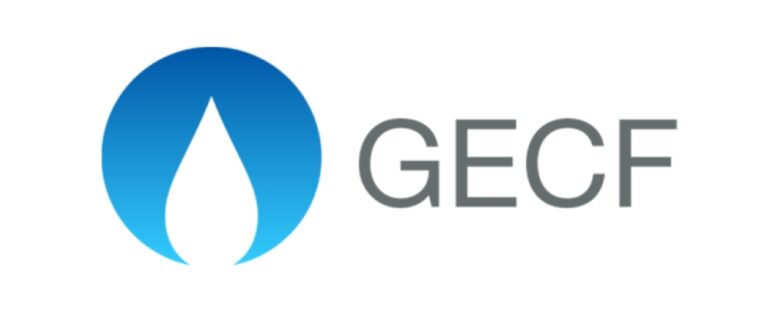GECF member countries’ petrochemical expansion set to boost exports

The export value of selected petrochemicals such as methanol, ammonia, ethylene, propylene, polyethylene, and polypropylene from GECF member countries was estimated at $28.8bn in 2021, Doha-headquartered Gas Exporting Countries Forum said in an expert commentary.
Polyethylene exports from GECF member countries accounted for the bulk of the petrochemical export value with a share of 44%, followed by methanol (21%), ammonia (19%), polypropylene (13%), ethylene (2%), and propylene (1%).
“Given the petrochemical sector expansion plans in the GECF member countries and their competitive advantages, petrochemicals exports value may increase in coming years,” GECF’s Gas Market Analysis Department noted in the commentary.
Export value of selected petrochemicals such as methanol, ammonia, ethylene, propylene, polyethylene, and polypropylene from GECF member countries was estimated at $28.8bn in 2021; Doha-headquartered Gas Exporting Countries Forum said in an expert commentary
Moreover, a significant portion of petrochemicals and fertilisers are consumed domestically in GECF member countries. Some endogenous factors are critical for determining whether to export or domestically consume petrochemical products. For example, geographic location, access to the export infrastructure such as seaports, economy’s structure, climate, and agriculture sector’s potential impact decision-making on whether to consume petrochemical products domestically or export them.
Global natural gas consumption continues to be dominated by the power generation, industrial and residential sectors, where it is used as an energy fuel source. In the meantime, non-energy use of natural gas, mainly in the petrochemical industry, represents only 6% of global natural gas consumption – around 230bn cubic meters (bcm) per year.
In this context, there is plenty of room for further penetration of natural gas in the petrochemical sector, with natural gas used as a feedstock to make higher value-added products.
GECF member countries, endowed with the world’s largest proven natural gas reserves, have a prominent potential to monetise their natural gas resources through developing higher value-added petrochemical products.
For many countries, the establishment of a petrochemical value chain can secure a number of potential benefits for their economies and societies.
These include diversification of the national economy away from one major source of export revenues; growth of the national economy, mainly through the addition of value to raw materials; sustainable export revenues amidst the volatility of oil and gas prices; potential socio-economic benefits on the state level (job creation, higher wages) and potential environmental advantages of developing the petrochemical industry.
The petrochemical industry has shown significant growth in recent years, and GECF member countries continued to be the leaders in the global petrochemical industry. While each GECF member country has its own specific strengths, they have some common advantages.
Firstly, the major advantage of GECF member countries is the availability of natural gas resources which is one of the key feedstock in the industry, with more than 70% of global proven natural gas reserves concentrated there.
Secondly, petrochemical producers in GECF member countries are likely to enjoy low-cost feedstock, and in this context they have a competitive advantage compared to other producers, particularly in Europe and Asia, when gas prices are relatively lower than oil and coal prices.
Thirdly, GECF member countries also have the relevant infrastructure and integrated supply networks. In addition, they have the well-established expertise in the managerial and technical aspects of the industry. Moreover, the Forum presents GECF member countries with a unique opportunity to collaborate and share knowledge and best practices.
The GECF analysis shows that there is a great potential for its member countries to monetise their natural gas through the petrochemical industry. This is supported by their leading role as a reliable supplier of petrochemicals globally, abundance of untapped natural gas reserves and a bright outlook for demand for petrochemicals.